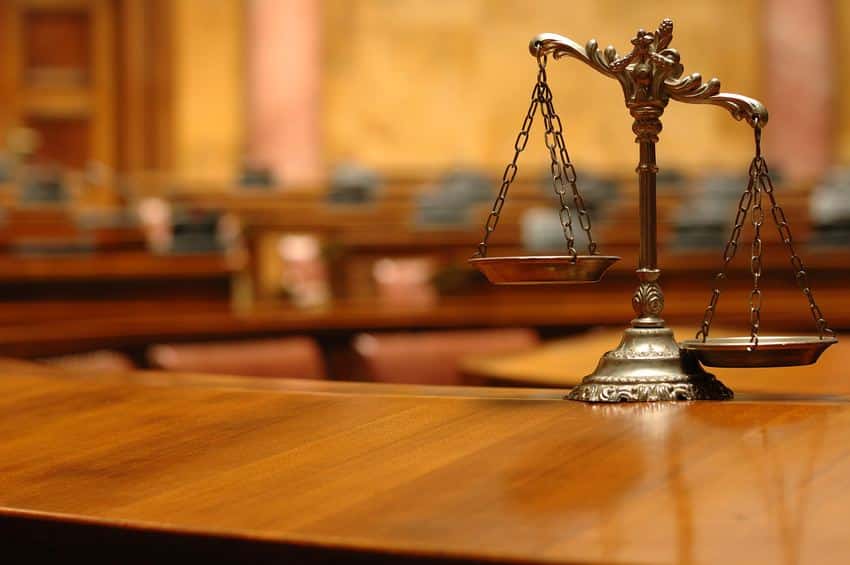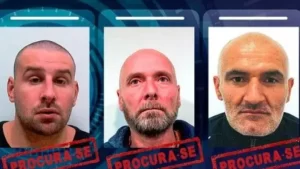Monday saw the start of the new judicial year – this time marked by a blistering attack on political power.
Supreme tribunal president António Joaquim Piçarra laid the blame for the sloth of Portuguese justice – a feature that particularly applies to ‘complex cases’ – on politicians, which he said are ‘the only ones with the capacity to respond to the time it takes to deal with major cases’.
Right now the top major cases that have already been in the news for years include ‘Marquês’ – the investigation into alleged multi-million corruption involving former ‘movers and shakers’ in Portugal, including ex-Socialist prime minister José Sócrates; ‘BES’ – the probe into what really went on behind the scenes in the largest family bank collapse in recent history and ‘Monte Branco’ – another labyrinthine investigation stretching back to 2012 and involving many personalities ‘already in the eyes of Portuguese justice’.
But there are dozens of others. Some ‘small time’ in a national context, but nonetheless dragging on and on and on, never reaching any kind of conclusion.
Defendants die, witnesses die – and more often than not the case sputters to an unsatisfactory close, frequently ‘saved’ by the ‘falling of judicial time limits’.
This is what pundits have long expected with happen with Marquês and BES, as the main defendants continue to live supremely comfortable lives, even managing to side-step the glare now of publicity.
Said Piçarra: “If our legal system and organisation ensures that complex cases become pharaonic edifices of facts and proofs, their conclusion will always take several years. The maintenance of this status quo is a political option… that has consequences”.
While the system is thus compromised, “it will always be very difficult in these ‘megacases’ to match the vertices of the rule of democratic law, such as the discovery of the truth, the attainment of justice and the right of the accused of a defence”.
Piçarra’s attack was all the more poignant because prime minister António Costa was ‘nowhere to be seen’. He was represented at the annual ceremony in Palácio de Ajuda by minister of justice Francisca van Dunem.
But his criticism was echoed not only by Attorney General Lucília Gago – who spoke of her sector’s ‘lack of resources’ and how this hampers the tackling of “specialised crime”, particularly corruption – but by the President of the Republic Marcelo Rebelo de Sousa who described the “impatience” citizens feel about the time it takes the judicial system to deal with so many issues.
“The months and years that pass increasingly dilute perceptions and even the conviction that there will be an end to the story”, Marcelo told his audience, describing “the vague feeling that when the end comes, it will be too late. A tired yawn will replace the indignation of a decade earlier, a shrug will trivialise the verdict…”
2019 ended with 310,000 cases still awaiting a hearing – that’s 35,000 more than in the year before.

























